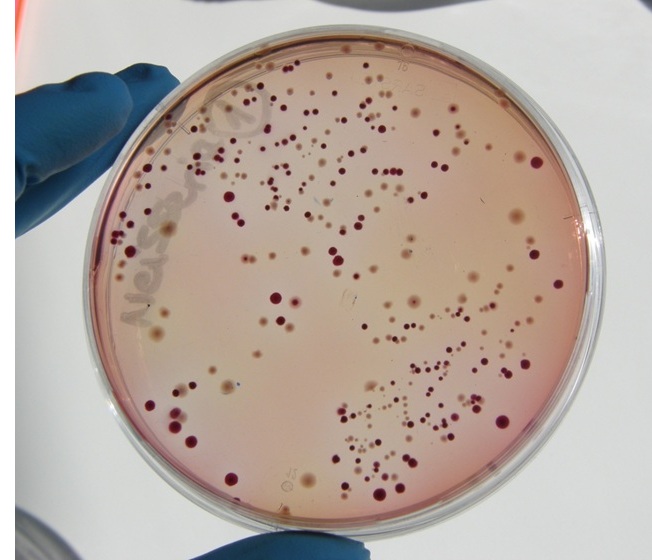-
The Research Group on Functional Biology of Lactic Acid Bacteria works in the area of Food Microbiology,
focusing primarily on the molecular aspects of lactic acid bacteria biology. This allows understanding the technological mechanisms and functionality
of these microorganisms with a very relevant role in the food industry.
Our Group is composed by the researchers from the former Instituto del Frío who were transferred to the Institute of Food Science Research (CIAL) in 2010,
initiating a phase in a new university environment in the campus of the Autonomous University of Madrid (UAM). Despite the growing experience acquired on
basic aspects regarding food microbiology, which we believe is very consolidated, the Research Group on Functional Biology of Lactic Acid Bacteria has never
ignored the application aspects of research as essential elements for the society. Proof of this are the registry of patents and commercialization
authorizations obtained over the years.
In the last years, the Group has began researching on the functionality of probiotic bacteria and on the mechanisms that associate these bacteria
with gut balance and health, in general.
IMPORTANCE OF LACTIC ACID BACTERIA METABOLISM
 The metabolic activity of these bacteria provides them with the ability to survive and compete in their natural habitats, while bestowing organoleptic
characteristics desirable for the production of fermented foods. This is of great relevance for the food industry, enabling to enlarge their product
portfolio, and for the consumers who can have a larger variety of foodstuffs to satisfy their needs.
The metabolic activity of these bacteria provides them with the ability to survive and compete in their natural habitats, while bestowing organoleptic
characteristics desirable for the production of fermented foods. This is of great relevance for the food industry, enabling to enlarge their product
portfolio, and for the consumers who can have a larger variety of foodstuffs to satisfy their needs.
Furthermore, lactic acid bacteria are components of the intestinal microbiota in every individual, which to date is considered as an organ per se with a
metabolic capacity that exceeds the liver by a factor of 100. Some lactic acid bacteria are considered probiotic bacteria, capable of exerting beneficial
effects on health, such as protection of intestinal epithelial integrity, pathogen inhibition, or modulation of the immune system. If we take this into
consideration, the possibilities of using these bacteria to increase the life expectancy and health among consumers increases exponentially. Lactic
bacteria can be used for producing food and improve our health.
OUR RESEARCH
For years now, the Group has focused its activities on the characterization of lactic bacteria metabolic functions
and the applicability for improving the technology of fermented foods. We have worked on the development of strategies to enhance and accelerate the
cheese ripening process, optimize the production of cheese aroma, or prevent technological problems in dairy products, by means of applicable biological
systems without legal restrictions. We have studied their mechanisms of action to provide scientific bases for their applicability. Many times, our study has
been carried in collaboration with the industry to facilitate transfer and value enhancement.
Over the last years, the Group has developed specific molecular biology techniques for detecting and studying the functionality of probiotic bacteria
of the Lactobacillus and Bifidobacterium genera.
Functional characterization of lactic bacteria and bifidobacteria, has allowed determining their metabolic advantages towards poorly digestible substrates
that reach the colon intact (prebiotic) and from which metabolites beneficial for the organism are obtained. The interaction between these bacteria,
their metabolites, and the intestinal epithelium has been studied using human cell lines.
In most recent years the Group has developed in vitro models of intestinal microbiota to study the influence of microbiota in human health, as well as
its modulation by prebiotics and probiotics. Therefore, the Group has led the design of gastro-intestinal simulators that reproduce the physiological
conditions of the human intestine. We study the possible links between microbial dysbiosis, metabolic disorders and cognition.















